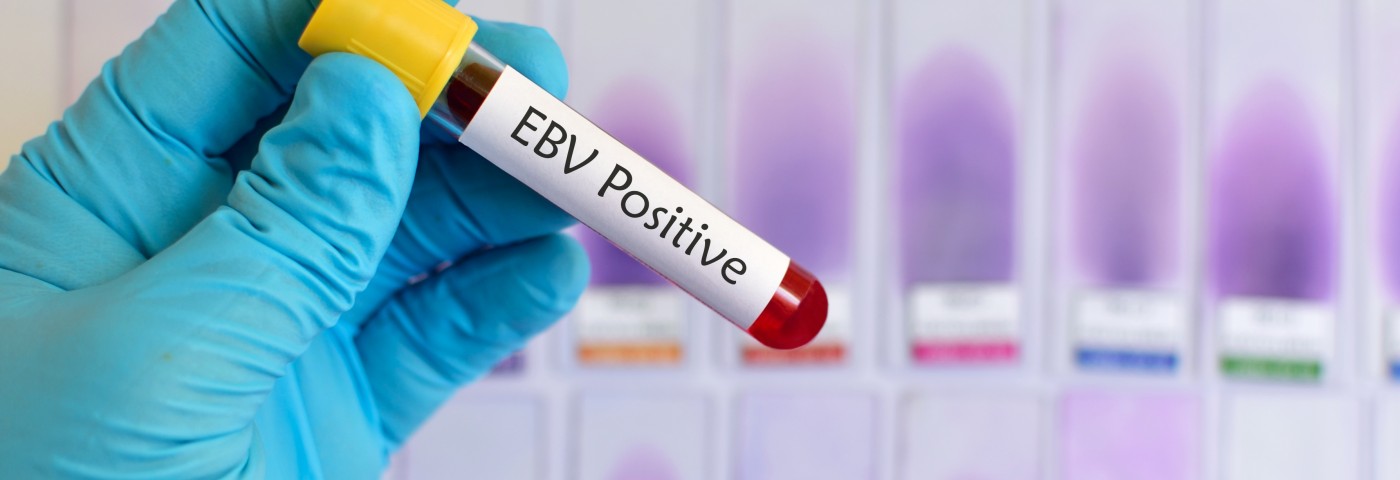Health Canada recently approved a Phase I clinical trial of adoptive cellular immunotherapy specific to Epstein-Barr virus (EBV) aimed at treating EBV-associated lymphomas.
The technique is an adaptation of methods initially developed in the U.S., and aims to help immune-compromised patients regain the ability to fight EBV. The virus is one of the most common human viruses, with symptoms ranging from a mild flu to mononucleosis. But in patients with a compromised immune system, particularly, EBV can cause cancers, such as Burkitt’s lymphoma, post-transplant B-cell lymphomas, and Hodgkin’s disease.
The research team, led by Dr. Jean-Sébastien Delisle from the University of Montreal, will isolate immune cells from patients and culture them for approximately two weeks. During this time, the cells will be exposed to various stimulants targeting only the cells that can recognize the virus. This will create a pool of T cells that can react very aggressively to the virus. These enhanced immune cells will then be injected back into the patient to boost the immune response against EBV.
The study, to be performed in collaboration with the Centre of Excellence for Cellular Therapy (CETC) at the Maisonneuve-Rosemont Hospital in Montreal, is the first of its kind approved in Canada, and will investigate if the treatment is safe and well-tolerated by the patients. The primary outcome will be the treatment’s ability to combat the resurgence of the virus. But since EBV has cancer-inducing properties, the treatment may also reduce the risk of relapse or cell transformation.
“We’re starting with EBV,” Dr. Delisle said in a press release, “but once we have proof that this cellular product is safe, we’ll be able to attack all the viruses that can jeopardize the health of patients, and other targets, such as those expressed by tumors.”
If the treatment is found safe and well-tolerated in the first Phase I study, the same method can be used to produce immune cells targeting other common viruses. According to the press release, it might even be possible to produce cells that can recognize and fight several viruses at once.


